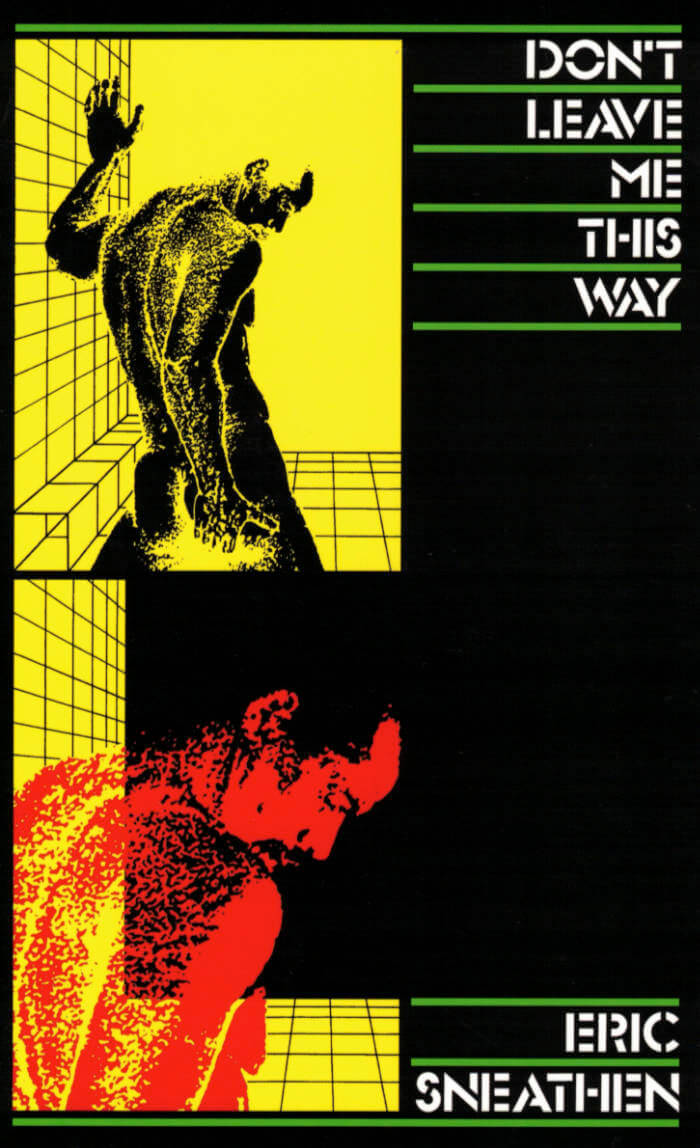
A Very Large Array: Selected Poems
Osman's writing reinvents poetry as an instrument for dissecting vision, language and power
This extensive collection of poet Jena Osman's acclaimed work spans more than 30 years, gathering poems from journals and books long out of print. Her poetry traces overlooked visual and linguistic incidents across centuries of American history, transforming "official" language—from Supreme Court opinions to the chatter of Predator drone pilots—into writing that is comic, chilling and relentlessly inventive.
Jena Osman's (born 1963) books include Motion Studies (Ugly Duckling Presse, 2019), Public Figures (Wesleyan University Press, 2012), The Network (Fence Books, 2010, selected for the National Poetry Series in 2009), An Essay in Asterisks (Roof Books, 2004) and The Character (Beacon Press, winner of the 1998 Barnard New Women Poets Prize). She lives in Philadelphia.







